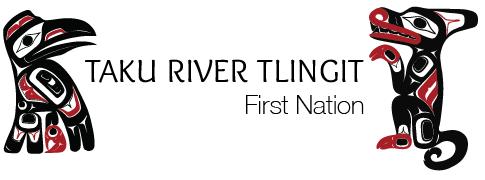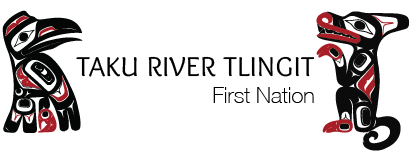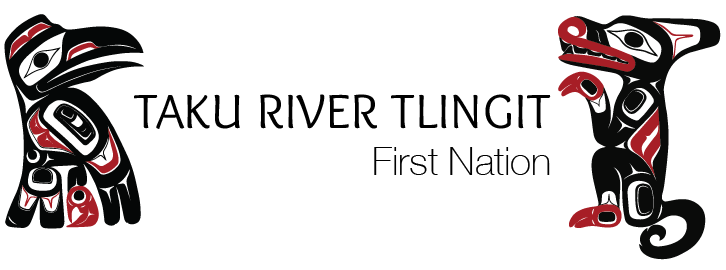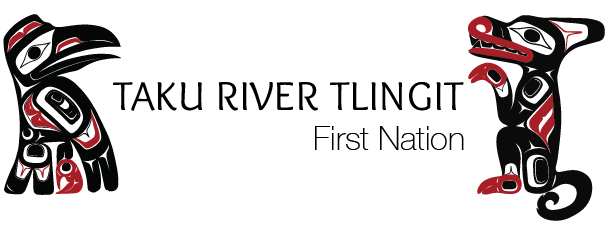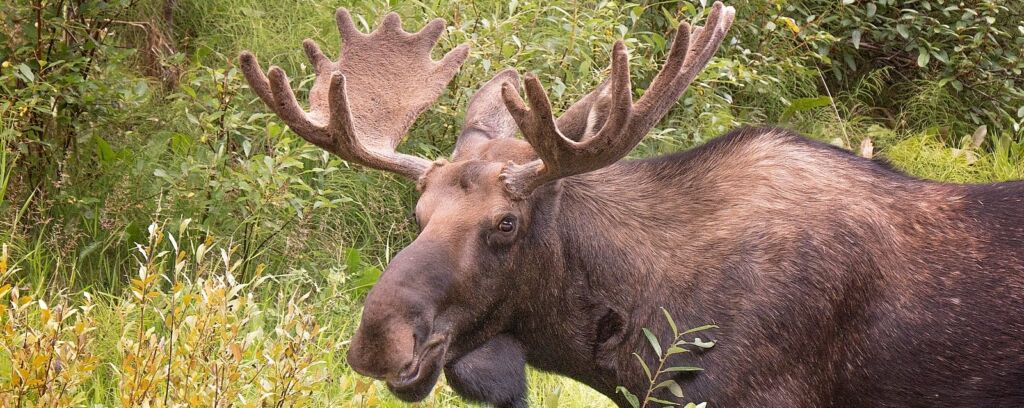August 10, 2023 – Wèinaa (Atlin), BC – As hunting season opens in British Columbia, the Taku River Tlingit First Nation (TRTFN) is expressing deep frustration and anger with the Government of British Columbia (BC) for their ‘business as usual’ decision to proceed with an open hunting season on an extremely vulnerable moose population in the Atlin area.
This decision runs afoul of BC’s commitments to advance reconciliation with Indigenous Peoples, such as TRTFN, and unjustifiably infringes TRTFN’s inherent and constitutionally protected Title and Rights. Given BC’s failure to responsibly manage the Atlin moose population, the area is no longer a good place to hunt. TRTFN is therefore asking moose hunters to act responsibly to prevent further declines and allow this vulnerable population to recover, even though BC has failed to do so both in the past, and again through its recent decision.
BC’s decision came as a shock after TRTFN and BC representatives had been in discussions for several months to identify hunting restrictions given substantive scientific evidence and traditional knowledge showing the population’s continued decline, with extremely low bull moose numbers and low calf productivity. During those discussions, BC officials acknowledged conservation concerns and the negative impacts of the current hunting permissions on TRT food, social, and ceremonial harvests. Concurrently, TRTFN explained to BC how its laws, customs and protocols require stewardship of lands and wildlife to ensure current and future generations continue to maintain these connections and have access to healthy traditional foods such as moose.
TRTFN was led to believe that these talks would result in regulatory changes to ensure responsible management of the Atlin moose population. This expectation was further supported by BC’s sharing yesterday – a mere 2 weeks before the hunting season is set to open – of alarming data that showed 76% of the bull moose in the local, accessible hunting area east of Atlin were harvested by BC-licensed hunters in 2022, when 10% harvest rates are the provincial standard. However, today, BC informed TRTFN that they would not change 2023 hunting regulations to protect the last bulls in this area. This notwithstanding BC’s public acknowledgment that “Moose are iconic animals in British Columbia and play a vital role in the well-being of many communities and individuals.”
TRTFN is now forced to ask respectfully for the cooperation of moose hunters to support the Nation’s stewardship and conservation efforts in the Atlin Lake Moose Area by staying out of the area this hunting season. TRTFN citizens and other residents in this remote region of the Province maintain deep connections to the land and wildlife, and rely upon moose and other natural resources for subsistence and the exercise of their other constitutionally protected rights.
TRTFN concern regarding permissive hunting regulations for the Atlin area moose population dates back several decades, and these concerns have now become acute. Further, as other regions in BC have seen more stringent hunting regulations imposed, the open hunting permissions on the Atlin moose have drawn increasing numbers of hunters from across BC, the country and internationally. The impacts of this increased hunting activity directly impact TRTFN and other local harvesters. While BC claims to work in partnership with First Nations on wildlife issues, the TRTFN experience in this case can be characterized as “all talk, no action”.
For the 2023 hunting season, TRTFN is asking non-local hunters to avoid the Atlin Lake Moose Area, as defined in the BC 2022-2024 Hunting and Trapping Regulations Synopsis. Residents of Atlin who depend upon local harvest are asked to use their knowledge to hunt in areas known to hold healthier moose populations.
Finally, we ask other Indigenous Nations who are also struggling to address wildlife declines in their territories to please reach out to our Nation and support us.



